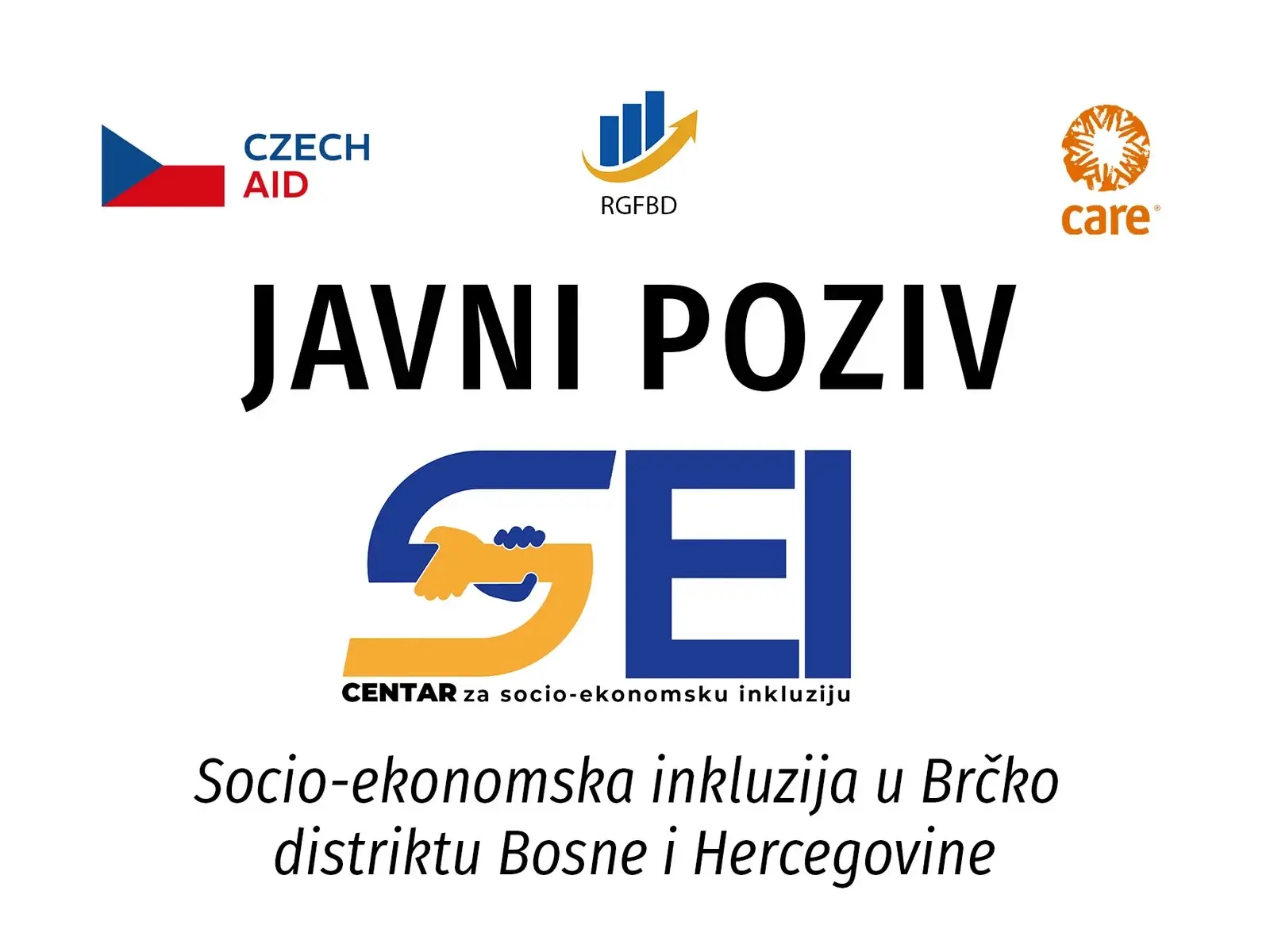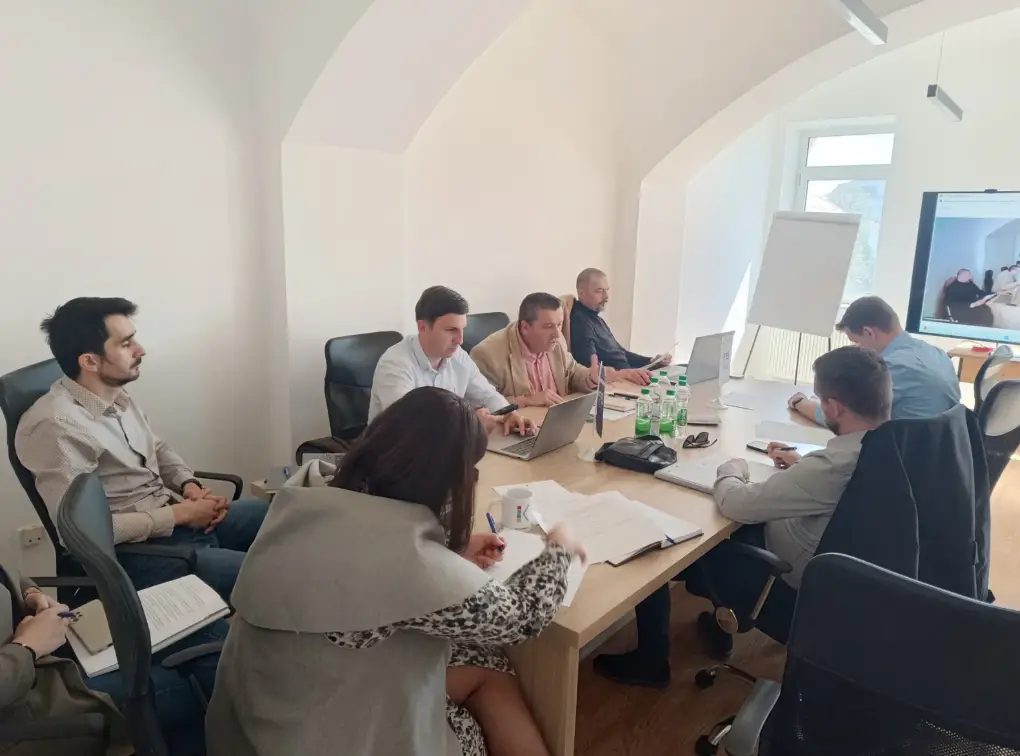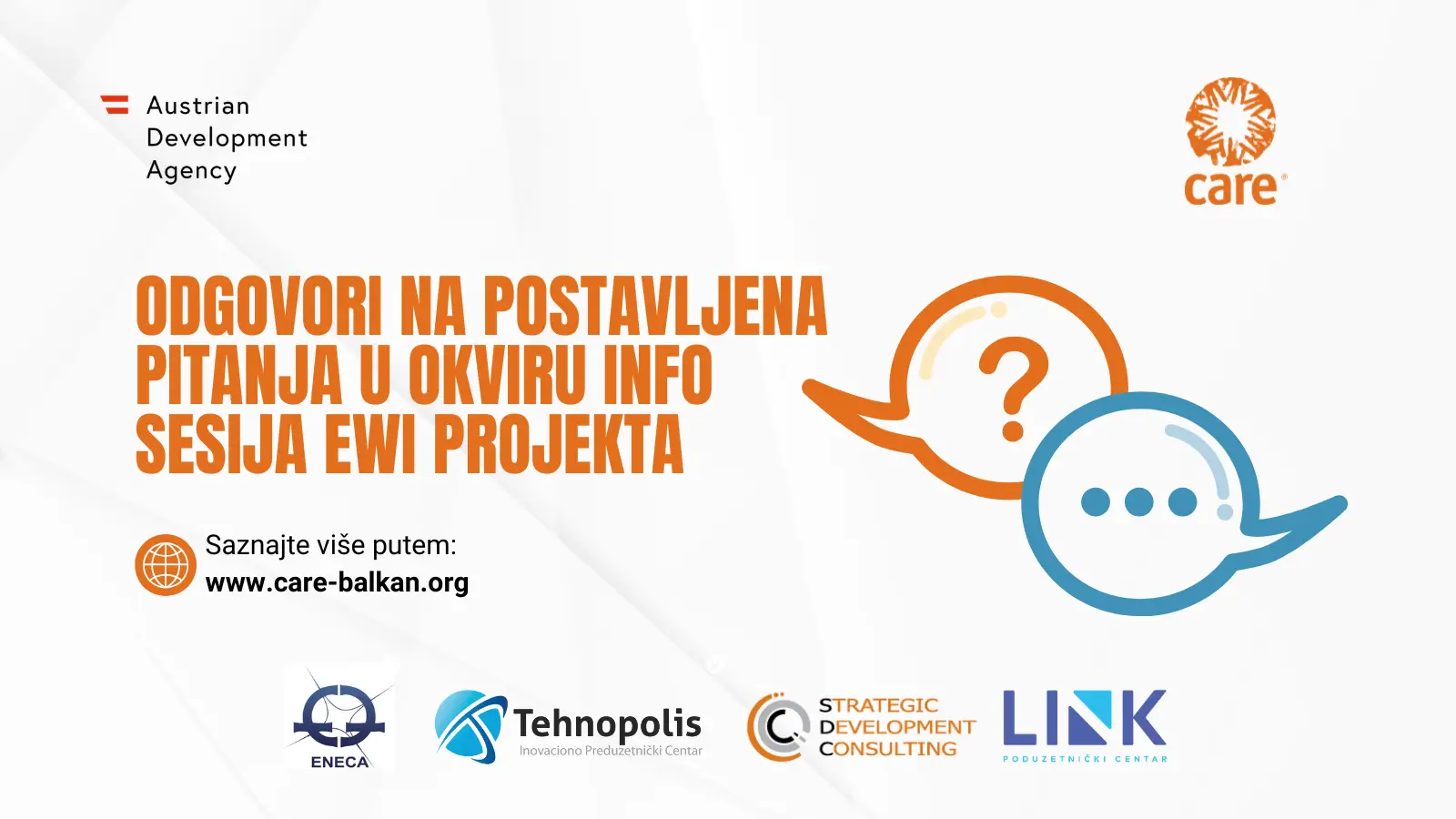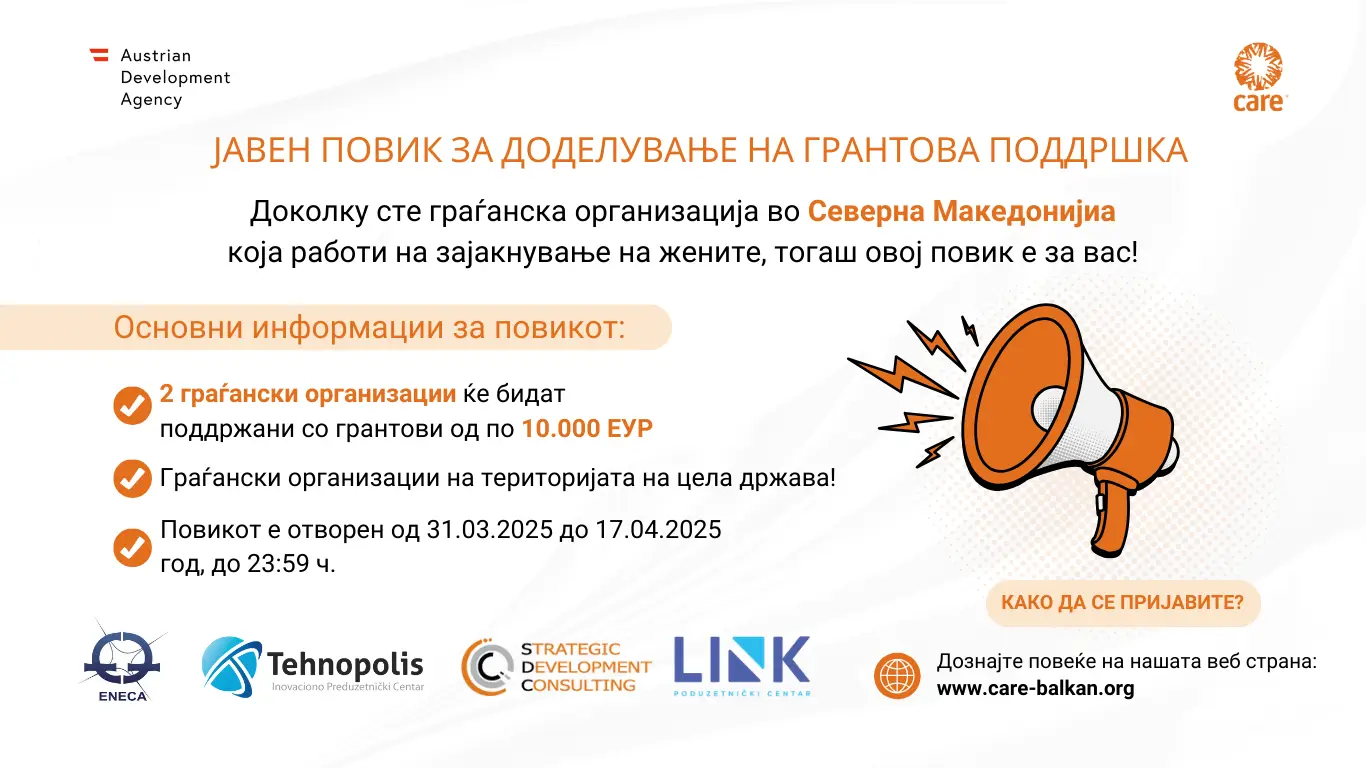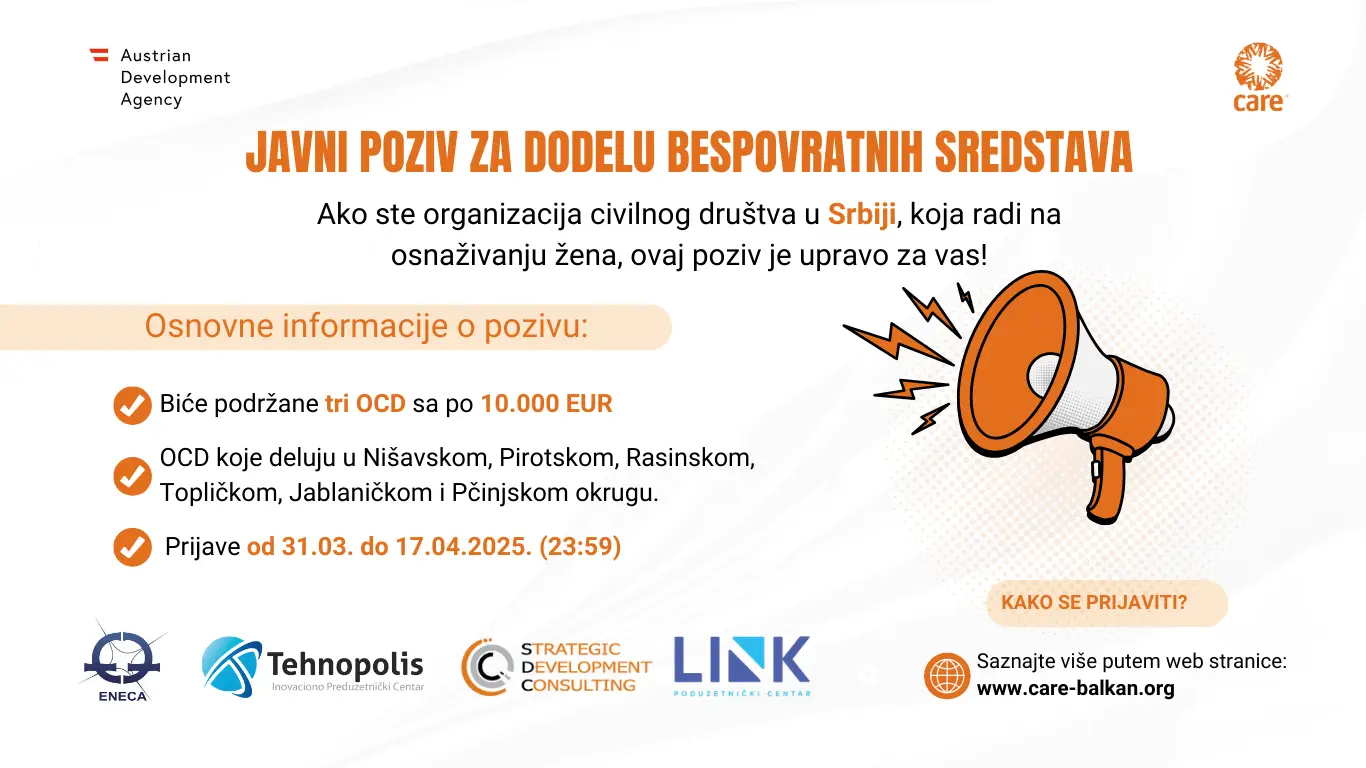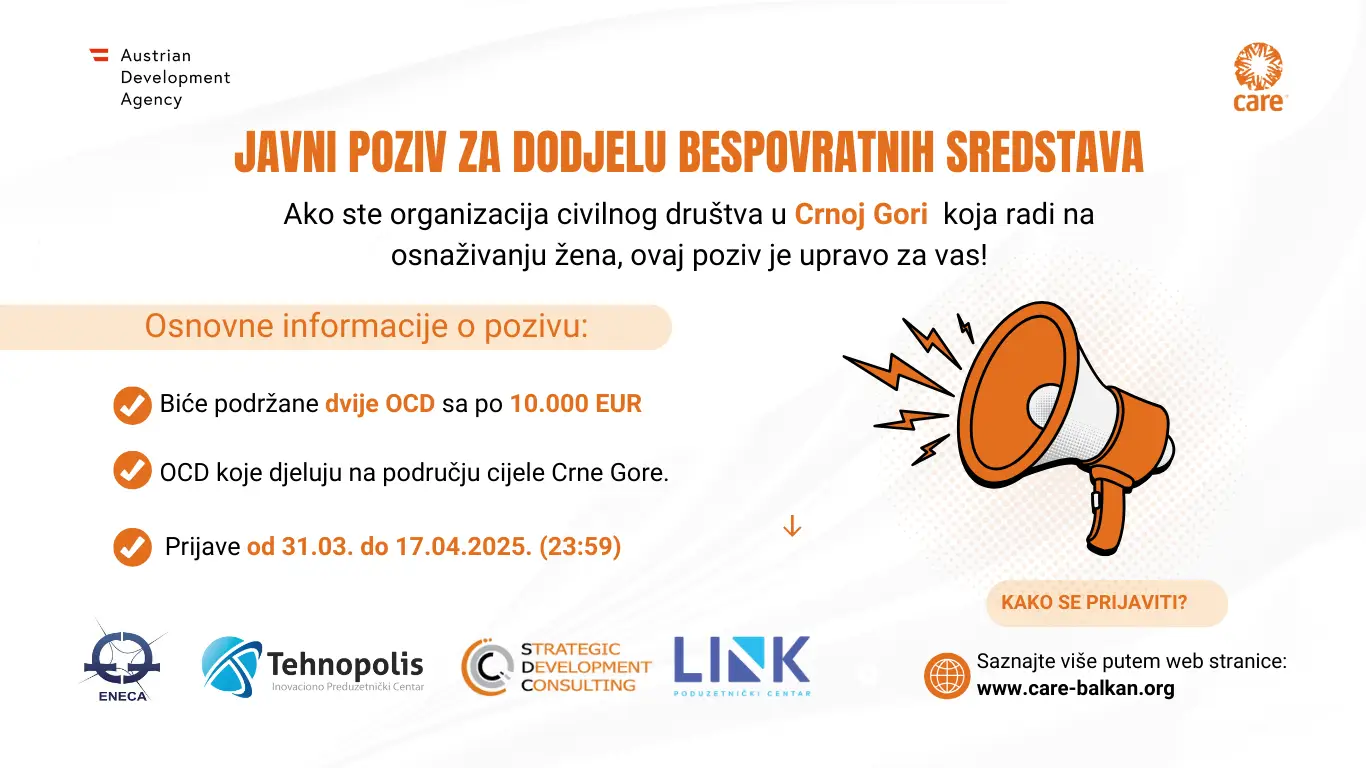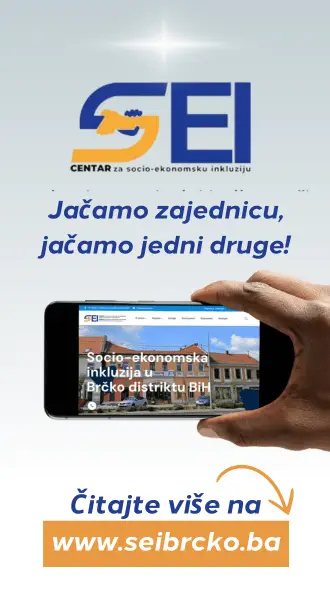Women and girls face more digital violence than men, often because of stereotypes that objectify and blame them. Society’s double standards pressure women to act a certain way while punishing them more harshly when they don’t. This makes them easy targets for harassment, blackmail, and sharing private photos without consent.
In the Balkans, online sexual violence, hate speech, and threats plague many, often going unreported or normalized. The harm goes far beyond the screen—it impacts their emotions, reputation, and daily lives. It’s time to challenge these unfair norms and create online spaces where everyone feels safe and respected.
In response, Future4Youth project has launched an impactful initiative as part of the global 16 Days of Activism Against Gender-Based Violence campaign, aimed at combating digital violence against women and fostering safer online environments.




Why This Matters
In the Balkans, many women report emotional distress, reputational damage, and fear of further retaliation. 57% of girls in high schools have been exposed to online comments with sexual connotation
This year’s campaign highlights real stories of resilience and raises awareness about the devastating consequences of digital violence, such as the spread of non-consensual intimate images, online stalking, and doxing. Through engaging social media content, school and street actions, exhibitions and creative activities, the campaign empowers young people (15-30 years old) to recognize, prevent, and intervene in abusive digital behaviors.
By addressing the root causes of digital gender-based violence and promoting empathy, CARE Balkans is paving the way for a digital world built on respect and equality.
The Campaign was implemented within Future4Youth project, financed by BAWAG, Aktion Deutschland Hilft and Marie Ebert Stiftung implemented by CARE Balkans in cooperation with Institute for Population and Development, Centre E8 and Perpetuum Mobile.


